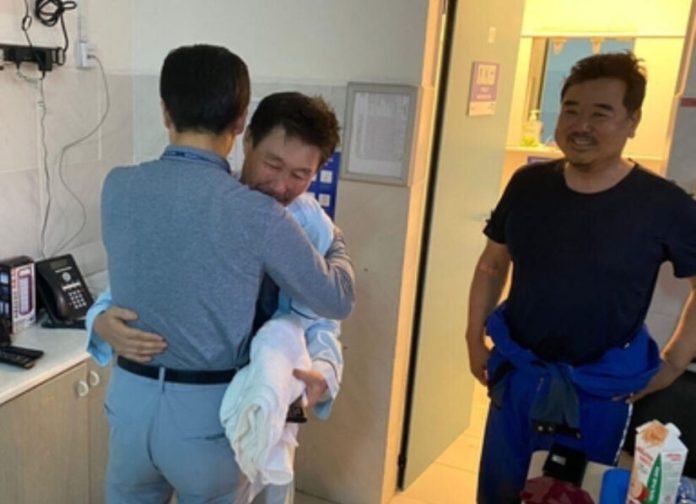In a dramatic turn of events, the two South Koreans who were abducted in Rivers State on December 12, 2023, have been safely released as of December 29, 2023. Their employer, Daewoo Engineering & Construction Co., has attributed the incident to an evident motive for economic concessions by the perpetrators.
While Daewoo Engineering & Construction Co. confirmed the release, they remained discreet about the details surrounding any ransom payment, emphasizing their commitment to avoid any appearance of complicity in criminal activities. Expressing gratitude, the company acknowledged the collaborative efforts of the Republic of Korea and Nigeria governments in securing the safe release of their employees, diverging from the earlier promised armed rescue by the Nigerian army.
Surprisingly, the kidnappers remain at large, escaping arrest despite the Nigerian army’s threat to make them “pay for their crimes.” The army cited a lack of credible and actionable intelligence from the general public as a hindrance to apprehending the culprits.
The release of hostages seems to follow a concerning pattern, where criminals are rewarded for their actions, contributing to the perpetuation of violent crimes in Nigeria. The situation raises ethical and strategic dilemmas regarding the payment of ransoms, considering the potential repercussions.
Acknowledging the complexity of the issue, concerns about covertly aiding crime are weighed against the filial reasons and political expediency that drive concessions to free hostages. The German experience in 2005, where ransom payment led to more kidnappings, serves as a cautionary example. In Nigeria, the widespread payment of ransoms is seen as a contributing factor to the current kidnapping epidemic.
Governments that publicly denounce concessions to kidnappers often find themselves covertly endorsing such practices due to filial or political considerations. However, if concessions are made, they should be viewed as a means to an end – the ultimate goal being the arrest and prosecution of the perpetrators.
To address the growing issue of kidnappings, security agents are urged to be involved from the negotiation stage through to the release of the victims, discreetly gathering intelligence to facilitate the arrest and prosecution of kidnappers. Otherwise, ransom payments risk becoming a blatant promotion of criminal activities.
While commending the South Korean government for its commitment to preventing future kidnapping incidents, a proactive approach that targets potential threats before they escalate is essential for the safety of citizens and expatriates alike.
John Uwaya




